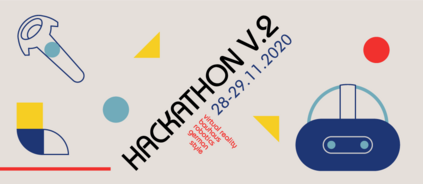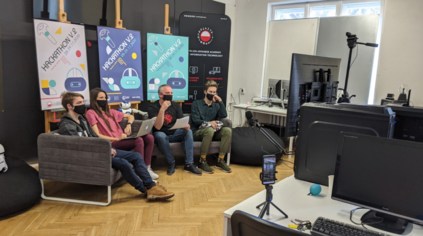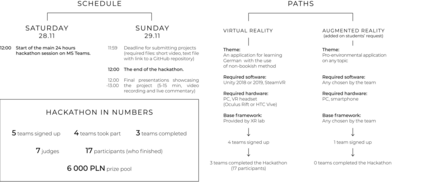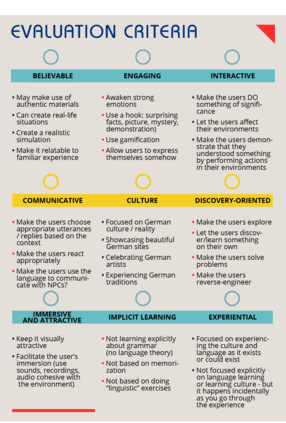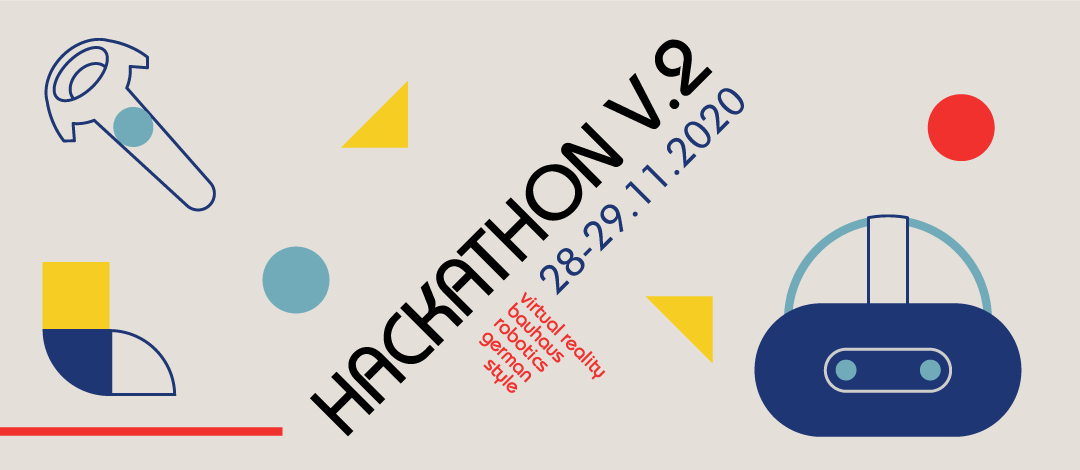In this article we report a case study of a Language and Culture-oriented transdisciplinary XR hackathon organized with Goethe-Institut. The hackathon was hosted as an online event in November 2020 by our University Lab in collaboration with Goethe-Institut as a follow-up to our previous co-organized event within our research group Living Lab. We have improved the formula of the event based on lessons learned from its previous edition. First, in one of the two hackathon tracks we provided the participants with a custom VR framework, to serve as a starting point for their designs to skip the repetitive early development stage. In cooperation with our partner, Goethe-Institut, we have also outlined best modern research-backed language-learning practices and methods and gathered them into actionable evaluation criteria.
翻译:在文章中,我们报告了与戈德研究所共同组织的面向语言和文化的跨学科XR黑客的案例研究,该黑客是作为在线活动于2020年11月由我们的大学实验室与戈德研究所合作主办的,作为我们先前在我们的研究小组Living实验室内共同组织的活动的后续行动,我们根据从前一版中吸取的经验教训改进了该活动的公式。首先,在两条黑客记录中,我们为与会者提供了一个定制VR框架,作为他们设计跳过重复的早期发展阶段的起点。我们还与我们的伙伴戈德研究所合作,概述了以研究为基础的最佳现代语言学习做法和方法,并将其收集到可操作的评估标准中。

